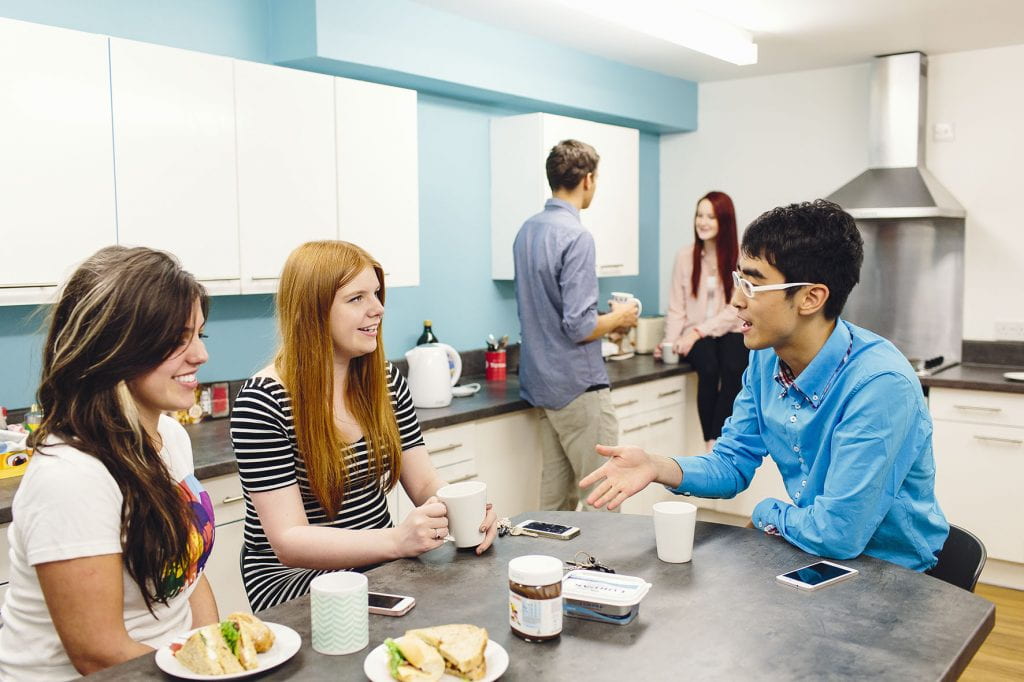Studying a postgraduate degree related to your passions is exciting especially if you are doing it at one of the most exhilarating cities in the world, right? Well, there’s more to it.
Being a master’s student involves dedication, time management, diligence and focus. You can enjoy London to the fullest, but you must master the balance of fun and work to ensure you have that top-notch degree on your CV. Here I tell you the way’s I have managed making it through my master’s degree without stress mounting.
Create a routine
My daily life in London is intense but very exciting. I have created a routine of waking up early to prepare my coursework as soon as it has been assigned to me, this way I avoided stress when deadlines approached. To soldier through I need lots of motivation and I can only describe mine in six letters: C-O-F-F-E-E. Tip: grab your cup and head straight to uni, London is amazing for it, you can find good coffee easily and for a very good price.
Work hard, play harder
Routines aside, studying in London means you’ve got to make time to enjoy its cosmopolitan energy. After a full-day of working hard on the comfy sofas on the third floor of the library, I like to reward myself at the pub with a cider among the company of friends.
Change your environment
If I get bored of studying at the library, I pack up and go to Goswell Road and sit down with my books in a coffee shop – there are countless around campus. I do this often because it allows me to enjoy the city, an added benefit while I get my work done and ultimately avoid building anxiety from work overload.
Weeks of work are intense and it’s not every day that I can release stress. Sometimes I get so tired I just want my best friend – my bed. So, during busier periods, I am left with the weekends for stress relief.
A warning but sometimes you will have to work through the weekends. But as I mentioned, it’s all about time management and if you plan ahead, you can definitely crash that party on the weekend feeling no guilt at all, and your schedule intact.
If you are into partying hard there’s lots of fun places near campus in Shoreditch, but be aware, you will not be in the best shape or form to study the next day – well, at least I can’t. I am usually knocked out asleep the next day whenever I go partying into the early morning. I usually reserve these nights for when I have no lectures the next day or big assignments ahead.
It may sound strange, but during the exam period, or when you are working on a big assignment, it may seem like you are living within the University – I am not joking. I even thought about bringing a tent once. Just kidding! (Am I?).
I live in student accommodation and I’ve built good friendships with my hall mates. It’s good to talk to someone while you cook your meals; you may even have an unexpected study buddy in the common room some days. Having friends to share my difficulties and overall experiences has helped me cope with all the responsibilities I carry as a master’s student.
Don’t be too hard on yourself that you sacrifice your free time, but don’t leave your work behind either because you’re enjoying London life too much. If you want to eat at your favourite restaurant but your deadline is in four days, get it delivered to you. You can enjoy that well deserved day off, while achieving top scores in your coursework too! It’s satisfying to acquire both fun memories and academic accomplishments. So, by the end of September, you could be receiving your degree and enjoying the sentiment of “my work is done!” while having spent the year in one of the best cities in the world. Well done!












